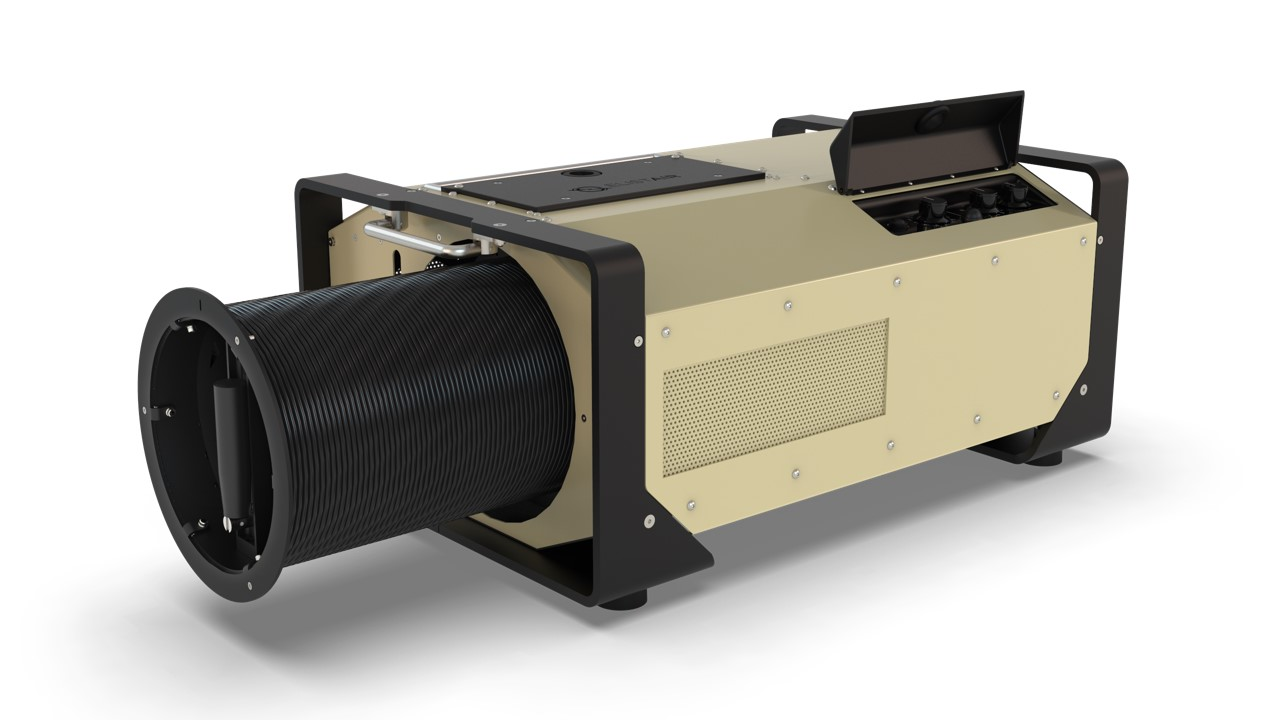

Such a mandate oftentimes will result in the grounding of drone technology in circumstances where law enforcement use of drones would be beneficial and largely non-controversial.

To counter the threat of surveillance, privacy advocates have focused solely on requiring warrants before the use of drones by law enforcement. In light of these facts, the legislation being pushed by privacy advocates has been explicitly directed at drone technology, not because the technology represents an actual threat to civil liberties, but because someday in the future, the technology may be intrusive. Granted, there are very sophisticated systems used by the military, but even if law enforcement agencies were able to afford the highly sophisticated multi-million dollar Predator and Reaper systems like those used for surveillance on battlefields, those systems (both the aircraft and the ground control station) are more expensive than manned helicopters, require a ground crew to launch and recover the aircraft, and require both a pilot and a camera operator. Thus, in almost all instances drones are less capable than manned aerial surveillance platforms, and while the platform is cheaper (but less capable), the personnel costs still remain constant as an officer is required to operate the drone. Moreover, the term “unmanned aircraft” is also misleading as there are no systems currently available to law enforcement that can conduct fully autonomous operations, all systems need an operator for part of the mission. The surveillance equipment that can be placed on these drones is also far less intrusive than that which can be mounted to manned aircraft. While drones are cheaper to operate, the drones most law enforcement agencies can afford are currently far less capable than their manned counterparts (oftentimes these drones are small remote controlled helicopters or airplanes, capable of a flight time of less than one hour).

Privacy advocates contend that with drones, the government will be able to engage in widespread pervasive surveillance because drones are cheaper to operate than their manned counterparts. 6Īssociate Professor of Law - Pepperdine University School of Law These advocates are admittedly not focused on more sensible legislation that addresses harms irrespective of the technology used. This absurd anachronism is intentional, as privacy advocates have explicitly chosen to capitalize on the public interest and attention associated with the demonization of drone technology as a way to achieve legislative victories. 5 These legislative efforts have been aimed at restricting the government’s use of drone technology, while largely allowing the government to conduct identical surveillance when not using drone technology. 4 As of the writing of this paper, the California legislature passed a drone-related bill that was vetoed by the governor, but the bill’s sponsors have vowed to revisit the issue in the next legislative session. 3 In 2014, Wisconsin, Illinois, Indiana, Utah, and Iowa also passed laws seeking to address the use of drones by law enforcement. The first drone-related legislation appeared in 2013 in Florida, Idaho, Montana, Oregon, North Carolina, Tennessee, Virginia, and Texas. In many cases, this technology centric approach creates perverse results, allowing the use of extremely sophisticated pervasive surveillance technologies from manned aircraft, while disallowing benign uses of drones for mundane tasks like accident and crime scene documentation, or monitoring of industrial pollution and other environmental harms. In fact, in every state where legislation was passed, the new laws are focused on the technology (drones) not the harm (pervasive surveillance). 2 The campaigns mounted by privacy advocates oftentimes make a compelling case about the threat of pervasive surveillance, but the legislation is rarely tailored in such a way to prevent the harm that advocates fear. Privacy advocates have mounted a lobbying campaign that has succeeded in convincing thirteen states to enact laws regulating the use of drones by law enforcement, with eleven of those thirteen states requiring a warrant before the government may use a drone. 1 Those concerns have led some to call for legislation mandating that nearly all uses of drones be prohibited unless the government has first obtained a warrant. The looming prospect of expanded use of unmanned aerial vehicles, colloquially known as drones, has raised understandable concerns for lawmakers.


 0 kommentar(er)
0 kommentar(er)
